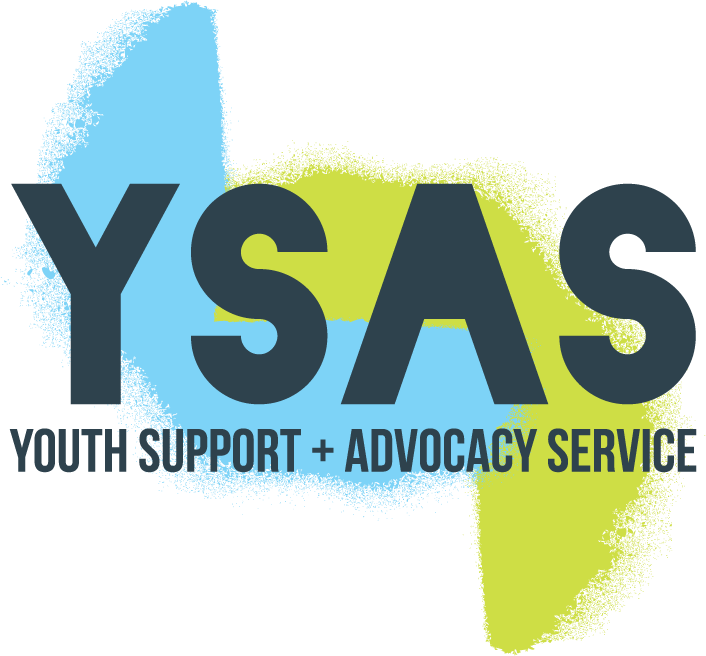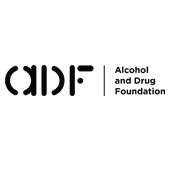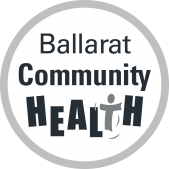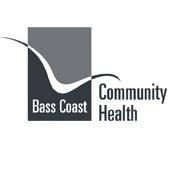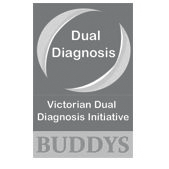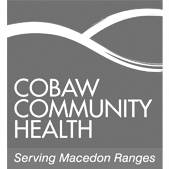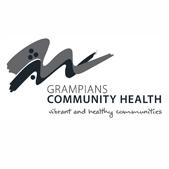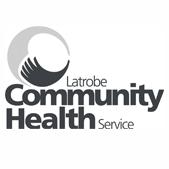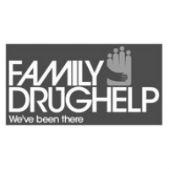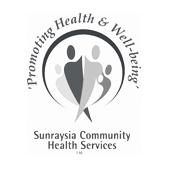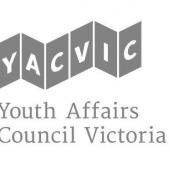Support Options
Short-term residential support
Residential Withdrawal, sometimes called ‘Detox’ or ‘withdrawal’, are safe, supportive units staffed 24/7 by Youth AOD workers where a young person can stay for up to approximately 2 weeks.
During this time they live in a home-type environment with other young people and have the opportunity to participate in activities such as art or music programs, going to the gym or movies, drug education sessions, or 1:1 sessions with a masseuse, acupuncturist or naturopath. Healthy eating, sleeping and exercise are encouraged.
A young person who has been using substances regularly, may experience physical and emotional side effects as their body re-adjusts to being substance free. Nurses or Doctors will help them cope with these physical symptoms and youth workers support them with emotional needs during this time. Most importantly residential withdrawal units provide a safe drug free space for young people to recover from recent substance use and make plans for ‘where to from here’.
Some young people and family perceive a two week ‘detox’ as the solution to their drug use issues and workers and schools can be caught up in this optimism and lessen support in the lead up to Detox. Detox on its own can provide respite from the things that trigger a young person to use substances (and substance use itself). It can also offer a supportive environment where respect is modelled and positive adults are available to help a young person discern goals and choices.
Without ongoing community support or support such as AOD outreach, centre based counselling, attending day programs or subsequent detox stays, young people can lose the momentum gained during their admission.
Due to the intense support available in a residential withdrawal unit, they are best suited to young people with high psycho-social vulnerability. Young people who are experiencing homelessness, poverty, have little family or community support or those who don’t have access to a safe, drug-free environment are all examples of young people who can flourish in short term residential support.




